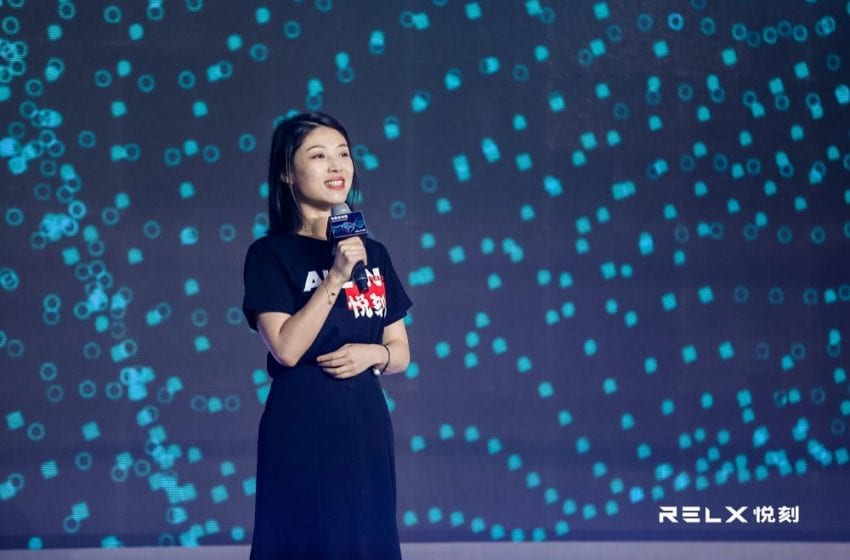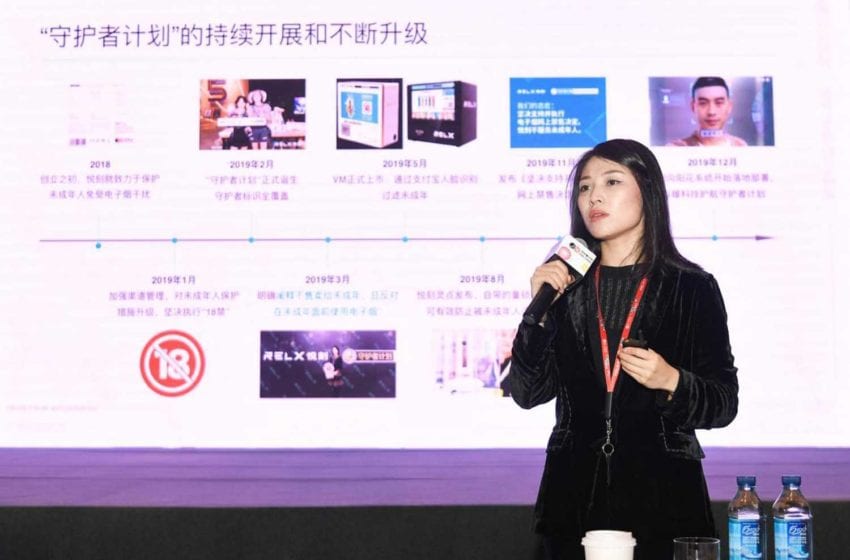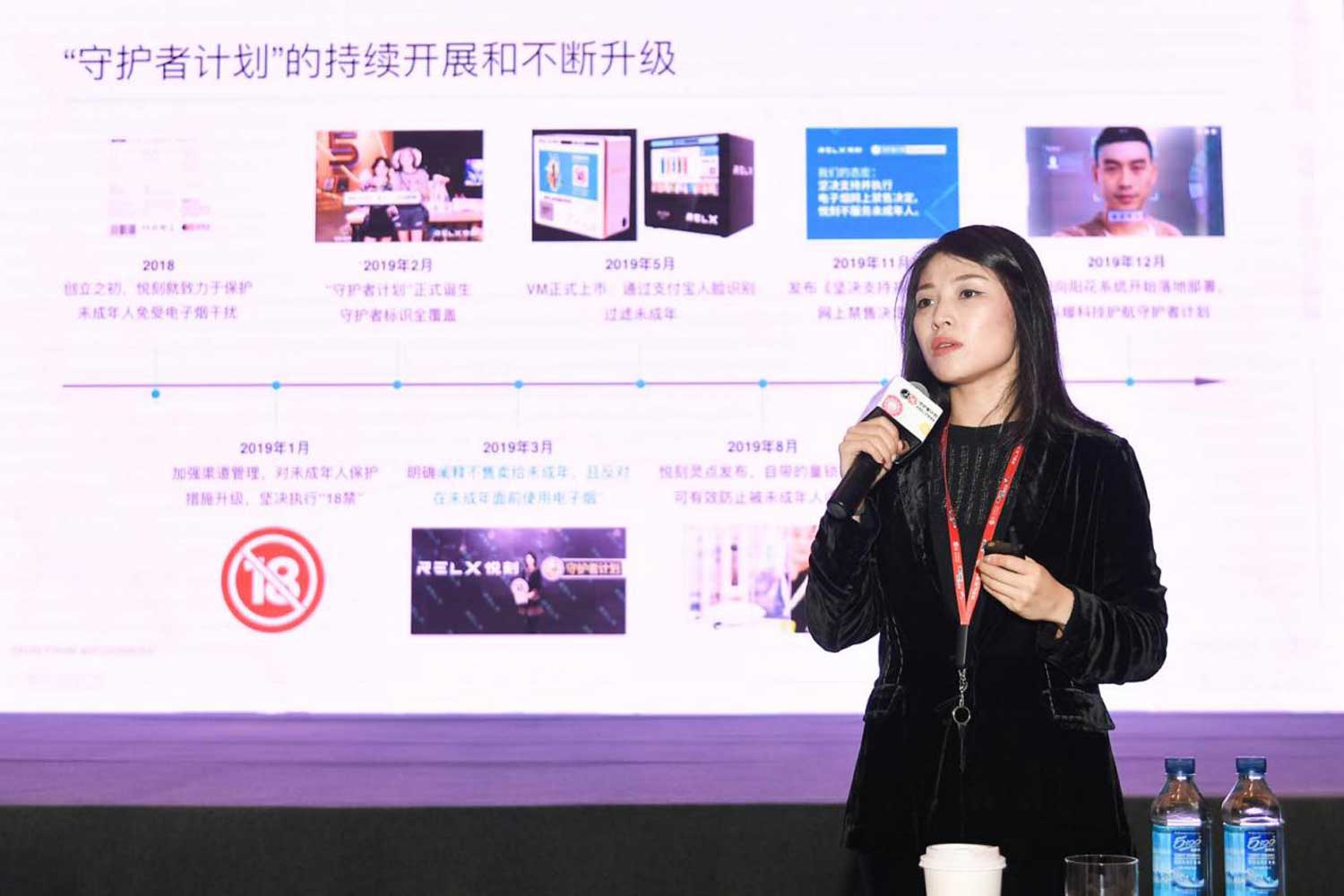The Celebrity Net Worth website recently published a profile of RLX Technology Founder Kate Wang, who the publication describes as one of the richest self-made women in the world.
Wang graduated from Jiatong University with a degree in finance in 2005 and took a management trainee job at Proctor & Gamble in Guangzhou. In 2011, she moved to New York City to get her Master of Business Administration degree at Columbia.
After grad school, Wang spent a year at the Beijing office of Bain & Co. She then moved to Uber China, followed by the Chinese ride-sharing service Didi Chuxing, which merged with Uber China in 2016.
In 2017, Wang tried e-cigarettes to help her quit smoking, but she found the Chinese offerings available at the time to be terrible. She saw an opportunity and decided to focus on older smokers who were trying to quit, like her father, who was suffering the health consequences from his two-packs-per-day habit.
Through crowdfunding on JD.com, Wang raised $6 million in seed capital in June 2018, positioning the RLX Technology as a tech startup.
After a little more than a year of operation, RLX had garnered almost half of the largely unregulated domestic vaping market in China.
In January, RLX went public on the New York Stock Exchange and raised $1.4 billion.
However, when Chinese regulators in October 2019 banned internet sales of e-cigarettes to discourage underage vaping, 20 percent of the company’s business evaporated overnight.
Undeterred, RLX started building a physical store presence. In January 2020, RLX opened a flagship store in Shanghai. Today, RLX has more than 5,000 stores in 250 cities in China. The company requires ID and put facial recognition in place to prevent minors from shopping for e-cigarettes in RLX stores. RLX still has more than 60 percent of China’s growing e-cigarette market.
Despite the challenges, RLX’s sales grew 147 percent to $585 million in 2020, up from $19 million in 2018.
In March, however, Chinese regulators revealed a draft of rules that would reclassify e-cigarettes as tobacco products and bring them under the control of the State Tobacco Monopoly Administration (STMA). Such a move would greatly diminish vapor companies’ potential earnings. All tobacco products in China are sold through government-owned stores. In response to the news, the share price of RLX dropped 54 percent—erasing $16 billion from the company’s market cap.
Meanwhile, the U.S. Securities and Exchange Commission announced it would begin enforcing a law that Chinese companies listed on the New York Stock Exchange would have to provide audits or be de-listed.
In the worst-case scenario, Wang would be forced to sell at a price set by China Tobacco (which would likely jeopardize most, if not all, of her profit) and be forced to de-list in the U.S.




